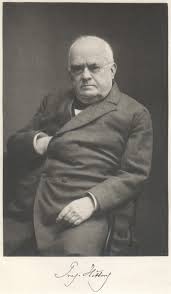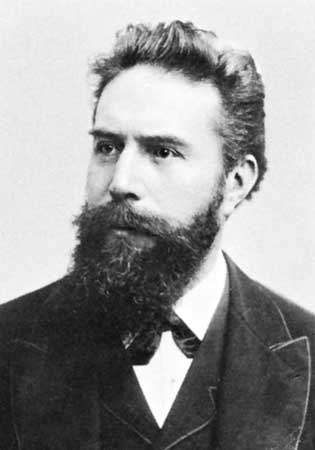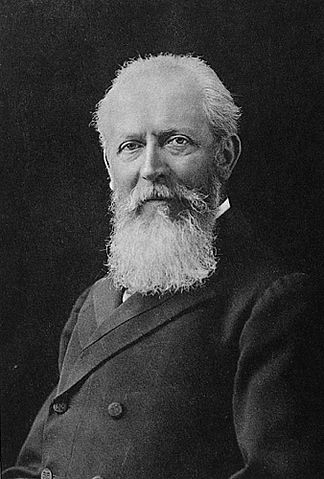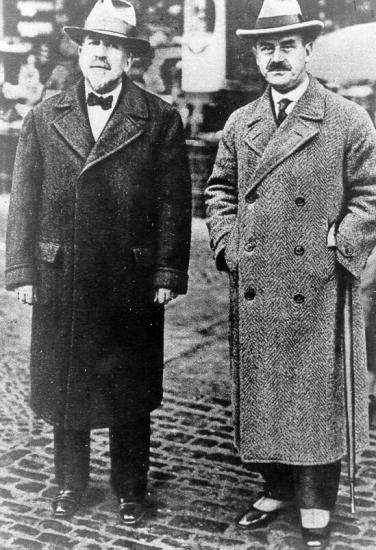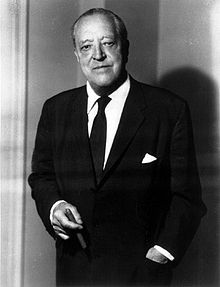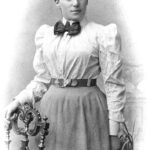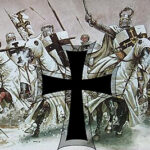March 27, 1178
Death of Bl. Frowin (? – 1178)
Frowin has never been formally canonized but is referred to as “blessed” by the medieval chroniclers. They also state his feast day as March 7 and attribute many miracles to him. Frowin was likely born in the Black Forest of Germany. In 1146 he was made the second abbot of the Benedictine monastery at Engelberg, Switzerland. He was widely recognized for his intellect and administrative abilities. He assembled a vast library at the monastery and established a school there of high regard. The library was destroyed by fire in 1729. Frowin wrote many books, some of which are still extant.
March 27, 1765
Birth of Franz Xaver von Baader in Munich, Germany. Baader was a successful mining engineer, but as his attention was drawn ever more to religion he gave up his career in 1820 and turned fully to the study of theology. He sought a renewed Christian unity for Europe. In 1826 he became a professor of philosophy and theology at the University of Munich. There he formed the “Munich circle” of Catholic thought. He founded the journal, Eos. In his work he turned increasingly to mysticism.
March 27, 1824
Birth of Johann Wilhelm Hittorf in Bonn, Germany. Hittorf was the first to calculate the electricity-bearing capacity of charged atoms and molecules. He was a professor of physics and chemistry at the University of Münster.
March 27, 1845
Birth of Wilhelm Conrad Röntgen (1845-1923) in Lennep, Germany. Röntgen was the discoverer of X rays. He was awarded the first Nobel Prize for physics for his discovery in 1901. Röntgen was Professor of physics at the Universities of Strassburg, Giessen, Würzburg and Munich. The first X ray picture he took of a human being was of his wife’s hand. Röntgen Was professor of physics at the universities of Strasbourg, Giessen, Würzburg and Munich.
March 27, 1847
Birth of Otto Wallach (1847-1931) in Königsberg, Germany (now in Russia). He earned his doctorate at the University of Göttingen and became the director of the Chemical Institute at Göttingen in 1889. A chemist, Wallach won the Nobel Prize for Chemistry in 1910 for analyzing natural fragrant oils used in pharmaceutical preparations. He was responsible for naming terpene and pinene, and for undertaking the first systematic study of pinene. He wrote a book about the chemistry of terpenes, “Terpene und Campher” (1909). Otto Wallach is known for Wallach’s rule, Wallach degradation, the Leuckart-Wallach reaction and the Wallach rearrangement.
March 27, 1848
The “Konstitutionelle Klub” is founded in Berlin. This was in the midst of the Revolutions of 1848. The “Konstitutionelle Klub used the slogan, “Order without Freedom is despotism, Freedom without order is anarchy. Nothing without the people, nothing without the constitutional king.” (Ordnung ohne Freiheit ist Despotie, Freiheit ohne Ordnung ist Anarchie. Nichts ohne das Volk, nichts ohne den konstitutionellen König.)
March 27, 1871
Heinrich (left) and Thomas Mann
Birth of Heinrich Mann (1871-1950) in Lübeck, Germany. The elder brother of Nobel Prize winning author, Thomas Mann, Heinrich Mann was also a novelist. Heinrich Mann was interested in his novels and in his essays in the abuse of power by the wealthy and privileged. Noted novels by Mann include, Im Schlaraffenland (1900), Professor Unrat (1905) (the film version of Professor Unrat is Der blaue Engel (1928), Der Untertan (1918) and Der Kopf (1925). Important political essays by Mann are Macht und Mensch (1919) and Geist und Tat (1931).
March 27, 1886
Birth of Ludwig Mies van der Rohe (Ludwig Mies) (1886-1969) in Aachen, Germany. Van der Rohe was one of the leading architects of the early 20th Century. He started his life in architecture at age 15 as an apprentice to an architect in Aachen. He is noted for his two desiderata, “architectural integrity” and “structural honesty”. He pioneered the steel and glass style of skyscrapers. In 1930 he was appointed director of the Bauhaus in Dessau. It was he who closed the Bauhaus in 1933 before the Nazis could close it. In 1937 he immigrated to the United States. He settled in Chicago at the Illinois Institute of Technology (then called the Armour Institute). Some of his noted buildings are in Chicago, the Lake Shore Drive Apartments and the Seagram Building in New York City (1956-58). Later he designed the Bacardi Building in Mexico City (1961), the Federal Center in Chicago (1964), the Public Library in Washington D.C. (1967) and the New National Gallery in Berlin (1968).
March 27, 1909
Birth of Gottfried Angelo Mann (Golo) in Munich, Germany. He was the son of the novelist, Thomas Mann. He earned his doctorate in philosophy at the University of Heidelberg, but made a career as a historian. He was imprisoned by the Nazis but escaped and spent the war years in the United States. Noted histories by Mann include Deutsche Geschichte des 19. und 20. Jahrhunderts (1958), andWallenstein: Sein Leben erzählt (1971). His autobiography is, Erinnerungen und Gedanken: Eine Jugend in Deutschland (1986)
March 27, 1930
Hermann Müller resigns as chancellor of the Weimar Republic, unable to deal with the depression.
Back to Today in German History Calendar
